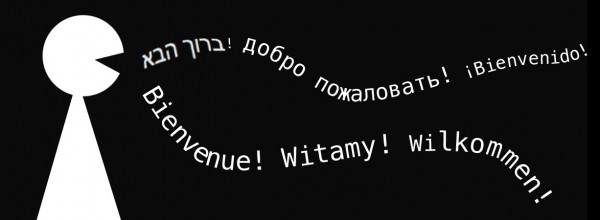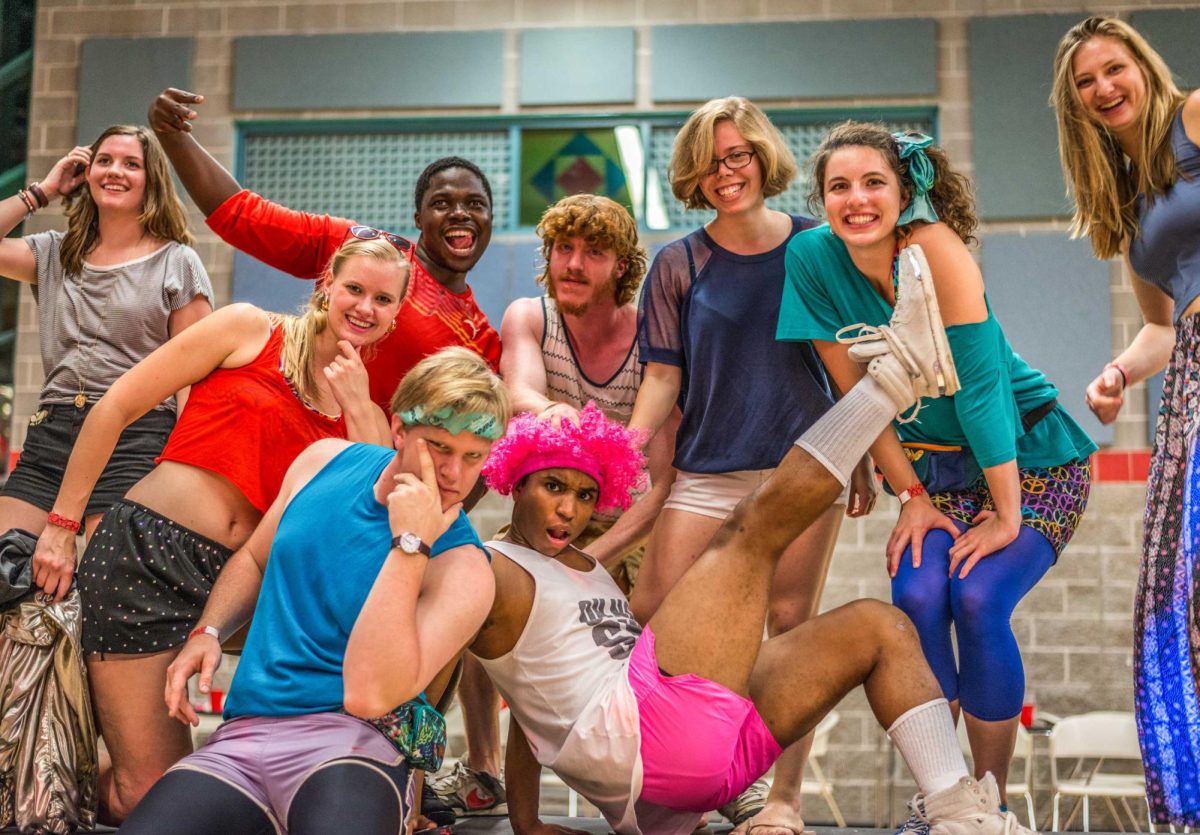Students hoping to learn some Hindi or Korean before heading abroad next year may find the task of language acquisition easier than expected because of a new program being developed by Grinnell’s Alternative Language Study Option (ALSO) program. Director of ALSO Claire Moisan, French, is working with students to develop online self-educational modules in Hebrew, Italian, Korean, Hindi, Swahili and Portuguese. The ALSO program offers two-credit classes that teach students a language through the use of peer mentoring and self-instruction. This semester Portuguese I and II, Italian II and Korean II are being offered.
Moisan became interested in creating an alternative way of teaching language that incorporated technology after recognizing the shortcomings of the more traditional methods of teaching used by the ALSO program.
“The problem [with the old method] is that students may not prioritize going to work with a textbook and there’s an increasing interest in using technology in language teaching and learning,” Moisan said. “It occurred to me that one of the best ways I could use technology in the ALSO program was to make these classes truly self-instructional.”
 Once completed, the system will allow students to log into Pioneerweb (Pweb) and use the program as if it were a textbook. Since she is working with native speakers at Grinnell, the Pweb program will emphasize culturally-specific modes of communication and will present the curriculum in an engaging way through the use of cutting-edge software. This also allows students to learn the language at their own convenience.
Once completed, the system will allow students to log into Pioneerweb (Pweb) and use the program as if it were a textbook. Since she is working with native speakers at Grinnell, the Pweb program will emphasize culturally-specific modes of communication and will present the curriculum in an engaging way through the use of cutting-edge software. This also allows students to learn the language at their own convenience.
Last year Moisan received money from Grinnell’s Innovation Fund to pioneer this project. She feels that the developing program is especially promising due to the way it unites individuals with disparate areas of expertise: while Moisan brings her knowledge of language learning, she partnered with Computer Technology Specialists who are trained in website design and native speakers who know the nuances of their language best.
“We are trying to pull all these talents together to try to come up with something that is a locally grown online course, that is appropriate to the level of Grinnell students and the scope of a two-credit class,” Moisan explained.
There are several differences between the old ALSO curriculum and the new model. While current ALSO classes meet two days a week, the new strategy is to have smaller lessons divided over more days. Working online, according to Moisan, is going to be more engaging and fun than a textbook.
To help reach this goal, Moisan and her students have been looking at language acquisition courses online for ideas. Last semester, students researched online learning programs in a variety of languages and filled out evaluative criteria on the websites. They discovered that there was no perfect method—even commercial programs, such as Rosetta Stone, have downfalls.
“They’re costly and don’t have a lot of the cultural or communicative components that are essential to language learning,” Moisan said.
In addition to looking at commercial language learning software, students also mined open source products for ideas. While there are some downsides to this type of program—notably that tutors can’t check on the progress of their students—free open source software gave Moisan the idea to incorporate e-portfolio tools into the project. An example is an audio drop box, where students submit recordings of them speaking the language to be evaluated by their tutors. She is also interested in using a tool called ‘Scribble’ that allows students to practice letter formation on a tablet and later import their work to Pweb.
The ‘locally grown’ component of the project is particularly important. Moisan asks her student tutors to curate materials with Grinnellians in mind, and this is what separates ALSO’s system from others. As the semester progresses the list of reviewed programs will increase—Moisan reports that she has over 100 reviews already, and next year the language courses will ideally go online.
“Commercial people think they have the golden model, and they’re going to try and sell you that for 40 dollars per month but I’m not interested in that,” Moisan said. “In order to teach language, you don’t simply learn a series of words; you’ve got to learn contextual communication, people will have an introduction, then greetings, then maybe a focus on university life because that is what is happening here—that is what’s interesting to students.”


















































